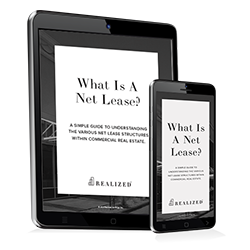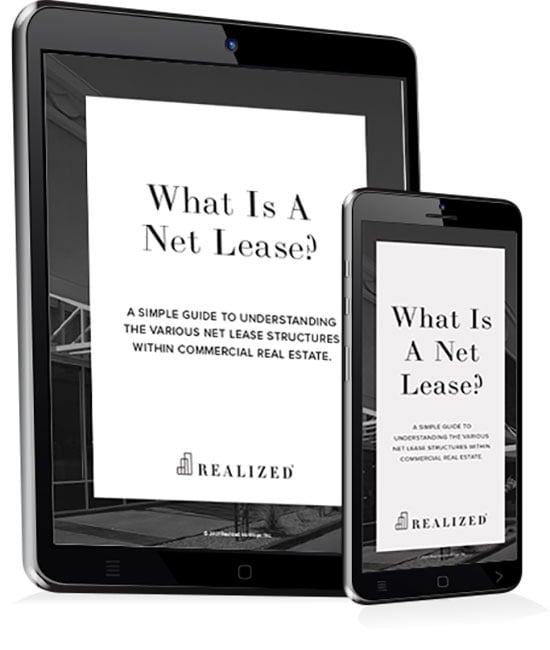
For the modern investor, two popular options often emerge when seeking opportunities that promise passive involvement and long-term income: triple net leases (or NNN leases) and real estate investment trusts (REITs). The two options offer similar benefits, but they have differing structures that result in varying levels of risk, involvement, and stability.
To help choose one that fits your financial goals, let’s take a look at a triple net lease vs. a REIT.
The Basics of Triple Net Leases
A triple net or NNN lease is a structure where the three net operating expenses are assigned to the tenant: property taxes, insurance premiums, and maintenance costs. Thanks to this arrangement, landlords or investors can enjoy a more hands-off approach to daily management. However, they are still responsible for major capital repairs or upgrades as they are still the direct owner of the asset.
The Basics of Real Estate Investment Trusts
A REIT is a legal entity that acquires, operates, and finances income-generating properties. You invest in one by purchasing REIT shares. Since you don’t directly own the property, you’re not in charge of the operations and receive passive income on a regular basis. REIT shares are traded like stocks, offering liquidity, diversification, and professional management.
NNN vs. REIT: The Considerations
Let’s examine some key areas to help you determine which type of investment fits your investment goals.
Income Potential
- NNN Lease: Monthly rental income is fixed in an NNN lease, but there is potential for rent escalation and steady, long-term returns.
- REIT: Income from REIT investments depends mainly on two factors: the number of shares you own and the performance of the underlying properties. The latter factor can fluctuate due to the influence of market conditions, making REIT investments less predictable than NNN leases.
Risk Profiles
- NNN Lease: The main source of risk in an NNN lease is the tenant, as they are the only source of cash flow. Tenant default can result in disrupted income.
- REIT: Since REITs can own multiple assets, they are diversified and are usually more resilient to market volatility than an NNN lease.
Liquidity
- NNN Lease: NNN leases are generally illiquid due to the length of the lease terms. However, ownership offers control over when and how to exit.
- REIT: Shares can be bought or sold quickly on public exchanges, offering high liquidity. This makes them more flexible for investors who may need faster access to cash.
Control and Involvement
- NNN Lease: Although you assign three net operating expenses to the tenant, you remain the property owner. You’re in charge of oversight, financing decisions, major capital repairs, and the eventual sale of the asset.
- REIT: The REIT owns the assets. You have little to no control over the properties, which may be limiting if you want to push for projects that could help increase an asset’s income.
Tax Considerations
- NNN Lease: Owners can benefit from tax advantages such as depreciation, 1031 exchanges, and mortgage interest deductions.
- REIT: Your distributions will be considered as income and are thus taxable. One upside is that you can join an umbrella partnership REIT (UPREIT), which allows you to defer capital gains taxes on contributed properties.
Wrapping Up: Triple Net Lease vs. REIT for Investors
With the definitive comparison shared above, you should now have an in-depth idea of how REITs and NNN leases differ. For those who want to maintain direct property ownership and steady cash flow, NNN leases are ideal. REITs, on the other hand, are more suitable for those who prioritize passive income, diversification, and professional management.
Sources:
https://www.hellodata.ai/help-articles/what-is-an-upreit-in-real-estate
https://www.investopedia.com/terms/r/reit.asp
https://www.investopedia.com/terms/t/triple-net-lease-nnn.asp



